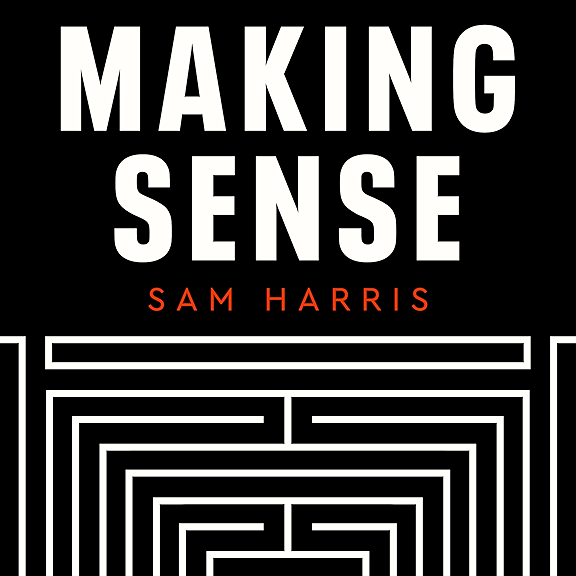
With the news full of war, terror and natural disasters, it’s increasingly looking like the so-called Doomsday Preppers were on to something after all. But most of us still don’t have a clue what – or how – we’d do in a disaster scenario. So when catastrophe does strike, is there a science behind who is more likely to cope? And what can we do to increase our chances?
Luke Turner talks to Dr Sarita Robinson, Associate Dean at the University of Central Lancashire and an expert in survival psychology, to find out what it takes to survive when disaster strikes.
• “Our brain is very switched on to the idea of threats in our environment. Once we’ve established there’s something that will cause us harm, our bodies and brains are very quick to mitigate the risk.” - Dr Sarita Robinson
• “Cognitive flexibility and optimism are both really helpful to survival in emergency situations.” - Dr Sarita Robinson
WHY? is written and presented by Luke Turner. Produced by Eliza Davis Beard and Anne-Marie Luff. Audio production by Jade Bailey. Managing editor: Jacob Jarvis. Group Editor: Andrew Harrison. Artwork by James Parrett. Music by DJ Food. WHY? is a Podmasters Production.
Instagram | Twitter
Learn more about your ad choices. Visit podcastchoices.com/adchoices




















